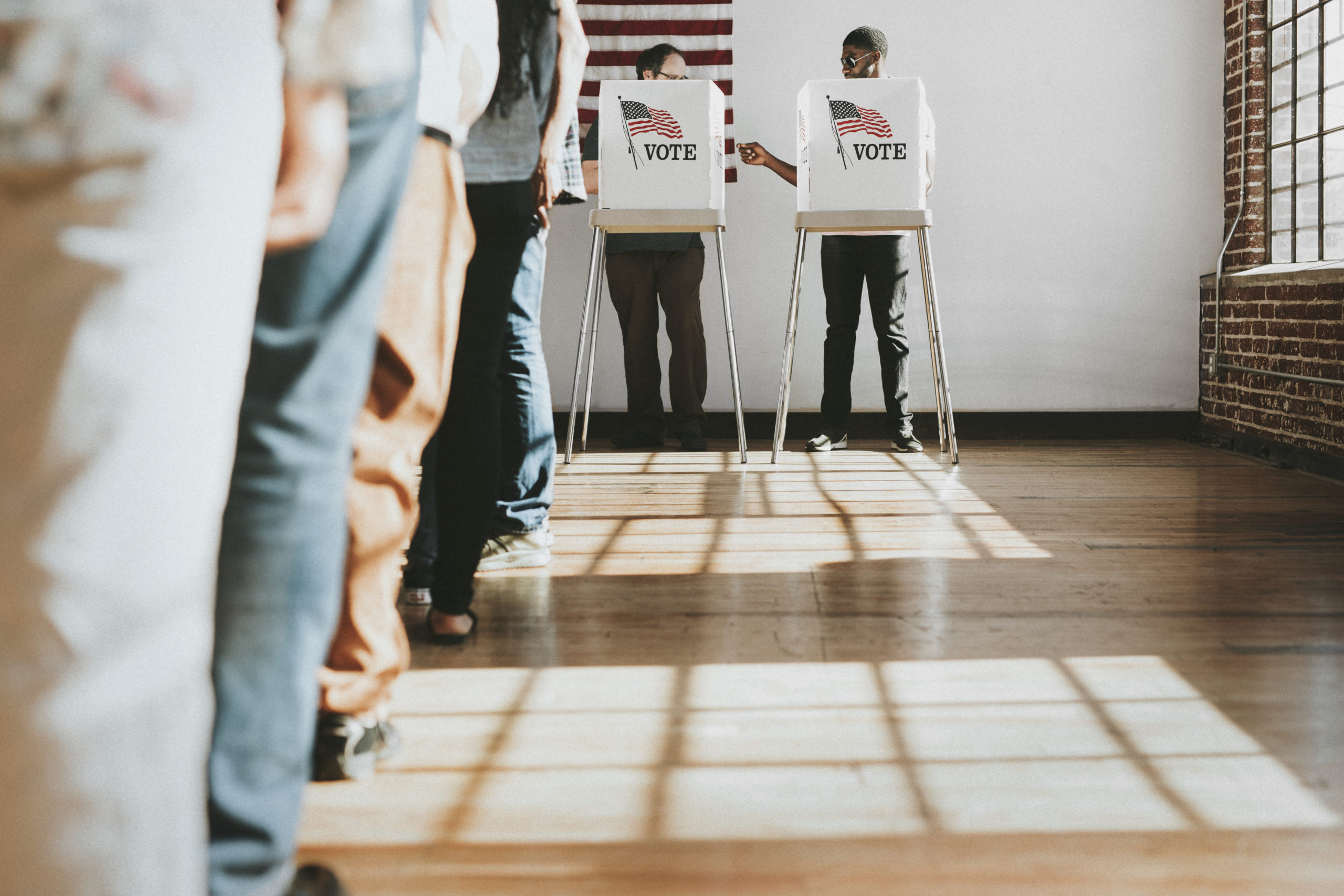Alot was written after the 2022 midterms of how election deniers promulgating the Big Lie were defeated in the major races, depriving the Republicans of a major victory many had wrongly predicted. Certainly these were results to cheer about. Yet they also led to a great deal of complacency over something that remains the major threat to our democracy: those who would try to overturn the popular will and undo legitimate election results.
Other positive developments have strengthened that sense of complacency: The Electoral Count Act of 1887 was reformed to make it much more difficult for congressional actors to overturn legitimate election result. State legislature chambers in key swing states flipped from Republican to Democrat, taking Michigan and Pennsylvania out of the column of Republican controlled legislatures. The presidency and the Justice Department are now in the hands of political players who are very much committed to upholding election integrity, and our court system at the state and federal levels have been a strong bulwark against challenges brought by election deniers. And the report of the January 6th Committee laying out the precise details of Trump’s plot to overturn the 2020 election of course contributed to guarding the body politic against this kind of anti-democratic threat happening again.
Yet election deniers are still very much regrouping for another assault on our democratic election process, and they still have plenty of troop strength at the state, the county and local level.
Some 130 congressional districts throughout the country reelected members of the House of Representatives in 2022 who had voted to support Donald Trumps’ Big Lie, even after the events of January 6. These are districts where denying election results is by no means detrimental to one’s political success.
There is also a broad array of election deniers in the ranks of county clerks, county and municipal election board officials, and others charged with administering elections in the states that matter most, including Wisconsin, Pennsylvania, Michigan, Georgia, and Arizona. The very people who run the apparatus who are closest to the process of enabling our citizens to vote are in many jurisdictions themselves ardent proponents of election denialism.
These pockets of local and county officials could wreak havoc by manipulating valid counting and creating long delays in reporting results by requiring laborious hand counts, refusing to transmit vote totals, or taking other steps to avoid certifying elections results in an effort to undermine a full statewide ballot count being completed.
No doubt, the vast majority of local election officials are extremely honest, recognizing the critical civic duty they are performing in upholding election integrity. But there are also numerous incidents in key swing states where such local officials have been harassed to the point of having to resign because of the intensity of election denialism in their local area.
What compounds the potential for significant mischief is the number of county sheriff and local law enforcement groups that have indicated a willingness to go beyond their legitimate roles in upholding order and are now defining their jurisdiction to extend to policing and defending vote counts.
Three years ago, we raised a number of red flags, warning that President Trump would strongly resist leaving office if he was defeated. In 2020, most pundits and politicos thought that our sounding “Paul Revere alarm bells” was over-reacting. But we were right, only it was worse than even we suggested.
The key concern is not just election tampering but even the perception that election results were manipulated or overturned in swing states. Such a perception would lead to violent reaction from either the Right or Left that could erupt, creating major civil strife between the two sides of our political divide.
The midterm elections proved that the election denial movement is clearly unpopular, but it is by no means extinguished. All it may take is a handful of election administrators in key counties in a few swing states for the reemergence of election denialism to create disastrous consequences.
As a nation, we deny the ongoing existence of election denialism at our peril.
Timothy E. Wirth is a former U.S. senator from Colorado and a member of Keep Our Republic, an organization dedicated to preserving the nation’s democracy.
Tom Rogers is an editor-at-large for Newsweek, the founder of CNBC and a CNBC contributor. He also established MSNBC and is the former CEO of TiVo. Currently, executive chair of Engine Gaming & Media, and a member of Keep Our Republic.


